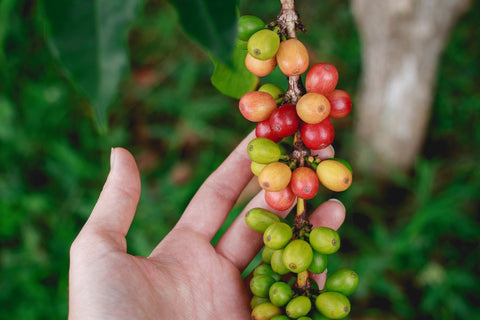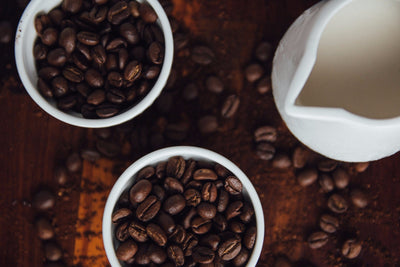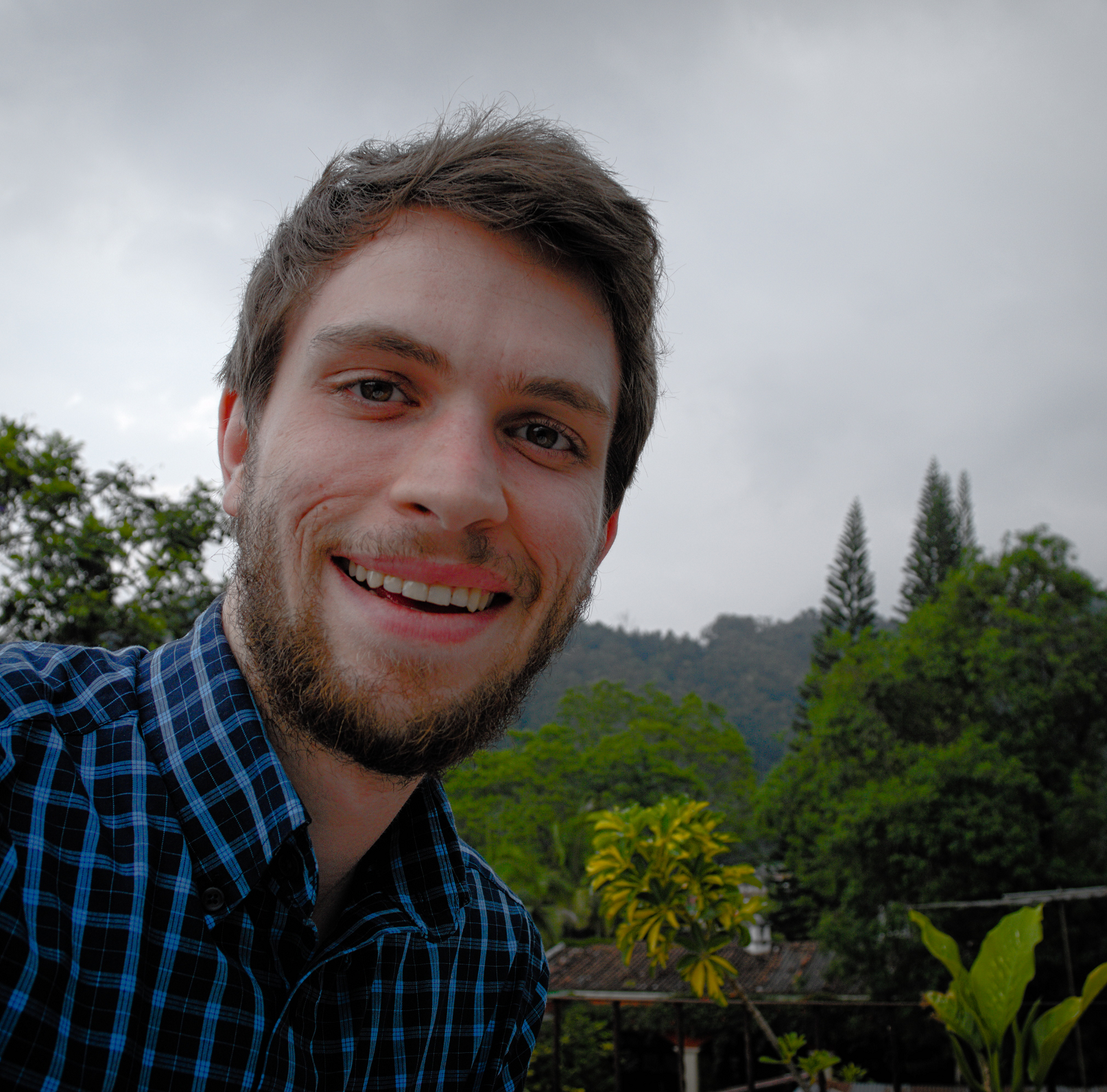Just like votes in an election, our purchases impact the world in ways that span beyond our own sphere of influence. The way we spend our hard-earned cash can change the world - or harm it.
Even something as simple as coffee has a long string of events that follow every dollar spent. The moment of that transaction doesn’t end with the business being paid and you getting great coffee delivered. Consequences, good and bad, trickle down all the way to the origin of the product - coffee farms.
There’s not much middle ground here when it comes to coffee beans. Cheap beans are easily bought, easily found, and do nothing to encourage economic sustainability for farmers. Expensive coffee takes a little more from your wallet and can be more difficult to find, but the global benefits are too positive to ignore.
Read: How Much Should You Pay For Coffee Beans?
The global coffee world is in the midst of a growing crisis. Climate change is making coffee farming less profitable for millions as farms struggle to adapt. Economic inequity plagues communities around the globe as farmers (especially women) are barely paid.
Growing coffee simply cannot sustain a healthy life for millions. And many are opting out.
Sure, cheap coffee does eventually mean money in the hands of farmers, but there’s no real gain or change. The status quo is maintained - which isn’t helping anyone.
Let’s dig into some tangible ways buying cheap coffee is bad for the world.
1. Cheap Coffee Is Economically Unsustainable
Coffee is often not a very profitable crop. Some farms hit the jackpot with high scoring and rare coffees, but most don’t produce enough income to grow with the standard of living. As a result, smaller coffee farmers are falling behind in terms of quality of life.
These small farmers often sell their crop to a local, accessible buyer at commodity coffee prices. This buyer then sells to the local mill, the mill sells to the exporter, the exporter sells to the roaster, and the roaster sells to the cafe or supermarket.
Read: What Makes Specialty Coffee Special?
By the end, whether the crop is tasty or terrible, the farmer has still earned only that small amount from the initial transaction.
In Costa Rica, coffee producers are selling their land for very little to commercial developers and are seeking jobs cities. In Bolivia, farmers are ditching coffee to grow the more lucrative coca, an essential ingredient in cocaine.
“Although farmers who grow coca see only a tiny fraction of the earnings of the cocaine retail price, they still make much more than they would growing many other traditional crops such as bananas or papayas. However, if we can successfully retain more of the coffee production profits in the hands of the farmers, coffee becomes a more viable and sustainable alternative crop.” - Yehuda Lilo, Bolivian farmer with Apasionado Coffee
Cheap coffee is where this economic unsustainability began. Though coffee drinking nations gain wealth and thrive, coffee producers often remain stagnant. Cheap coffee cannot fix this.
Thankfully, sourcing systems and certifications like Direct Trade and Fair Trade are giving farmers a chance to demand a higher price. They help farmers connect with more buyers, cut out unnecessary middlemen, and vouch for sustainability. But these coffees - you guessed it - typically cost a little more.
Read: Starbucks VS Specialty Coffee: What's The Difference?
2. Cheap Coffee Is Environmentally Unsustainable
The global coffee world is also facing a growing environmental threat. Rainy seasons are shifting, unexpected freezes are becoming more uncommon, and altering wind patterns threaten some plants.
There are ways to lessen the damages from climate change - such as planting climate-hardy varieties or growing shade trees - but this process isn’t cheap.
Facing less and less predictable weather, many farmers are afraid to invest in climate adaptations to their property - or simply don’t have the resources to. They fear that sinking all their resources into farm improvements will jeopardize their families if the year’s crop turns ugly.
Read: 5 Ways To Make Your Coffee More Eco-Friendly

Without easy access to credit or savings, these farmers are powerless to adapt. Tragically, that risk of losing their crops in the short term harms them in the long term - but how could we expect them to risk food and shelter for their families?
The Specialty Coffee Association of America is performing major research in this area. They continuously find that environmental sustainability is a group effort. Growers, processors, roasters, cafes - if there’s going to be meaningful change, everyone has to be on board.
Commodity coffee prices keep growers from having the cash stores to employ climate-change strategies. Cheap coffee doesn’t support organizations and roasters that help bring high paying buyers to remote farms. Cheap coffee rarely makes an impact on the growing threat of climate change.
Cheap coffee is environmentally unsustainable.
Read: Here's Why Some Coffees Are So Expensive
3. Cheap Coffee Is Lost Opportunity For Impact
And this is the greatest negative effect of all: cheap coffee is a lost opportunity for impact.
There are many coffee businesses out there that are making visible impacts around the world. Sourcing transparency is at an all-time high, laser-focused initiatives are bringing fresh water and health care to remote farms, and ethical accountability is being achieved.
See how JavaPresse is granting wishes with the Make-A-Wish Foundation.
This is the cost of cheap coffee: businesses that prioritize ethical, sustainable sourcing lose valuable support. Our buying habits have consequences, and this is a tragic one.
The two issues I talked about above are already causing harm, but we have the power to stop them. By choosing to support globally-conscious businesses on a regular basis, we can empower those that empower the farmers.
I encourage you to consider the weight of your coffee dollars. I encourage you to buy coffees from companies that have clear, visible impacts. Let those that don’t catch up when they see sales drop.
This is how we create long-lasting change.
Sustainability aside, cheap coffee just tastes dull and boring. You don’t want that - you want coffee that’s rich, balanced, and satisfying.
If you’d like to transform your daily coffee ritual by choosing ethically sourced and robustly flavorful beans, check out our JavaPresse Coffee Subscription.
We ship freshly roasted coffee to you on your schedule so you never run out of beans. Our selection of offerings is carefully curated from sustainability-minded sources that treat farmers with respect and pay fair wages. We also give back by donating a portion of sales to the Make-A-Wish Foundation.
See how our fresh coffee subscription can help you - and people around the world - thrive.


